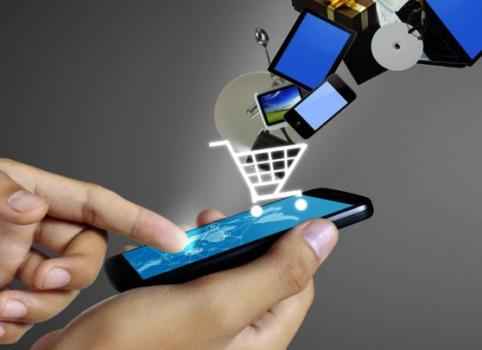In many ways, the rise of consumer and mobile technology remains one of those rare phenomenons that can be presented almost entirely through statistics. Take the fact that there will be an estimated 6.1 billion smartphone users in the world by the end of 2020, for example, which highlights the proliferation of consumer technology and handheld devices across the globe.
Even statistics like this do not reveal the impact that consumer technology has had on society as a whole, however, from workplaces across the globe to the way in which we source, buy and sell products. This needs further understanding, particularly if we are to harness the power of consumer technology (and the mobile platform) to its full potential in the future.

The Rise of Consumer Technology: Ushering in a New Era
While there are numerous examples of consumer technology in the modern world, many share a common and underlying theme. More specifically, they have served to empower individuals and consumers across the globe, as they look to boost their earning potential, work more efficiently and save money when purchasing goods. This has enabled customer and employees to become more influential in various marketplaces, as brands have lost some of their traditional power to sway the hearts and minds of individuals.
If you take the modern workplace, for example, you see an environment that has actively embraced the principles of Bring-Your-Own-Device (BYOD). This initiative allows employees to work using their own laptops, tablets and smartphones, improving efficiency, empowering flexible working and enabling businesses to transfer operational costs in the process. This taps into the growing trend for freelance workers, as consumer technology allows people to assume greater control of their professional destiny.
On a similar note, consumer technology has also helped to drive an evolution in the financial markets. Historically, the fiscal markets were exclusive to large corporations and professional traders, but the emergence of online brokerage platforms and mobile trading application has gradually removed a number of barriers to entry. As a result, aspiring and part-time investors can now access various markets through spread betting and cfd trading, using their smartphone to operate on the move while making informed, real-time decisions.
The same principle applies in the world of consumerism, where m-commerce has gradually changed the way in which we search for, price compare and ultimate buy goods. This process began in earnest in 2015, where customers spent an estimated 59% of their time searching for goods on their smartphone. Mobiles have become increasingly influential tools in this respect in the two years since, while the amount of money spent through smartphones has also increased incrementally.

By 2030, we may see that the majority of online purchases are completed through a handheld device, with tablet consumption and revenues also growing at a rapid pace.
Heralding the Unstoppable Rise of the Consumer Technology Era
These examples place rise of consumer technology in context, and highlight the precise impact that it continues to have on our personal and professional lives. While some may share concern at our supposed over-reliance on consumer technology to complete even perfunctory, everyday tasks, there is no doubt that this evolution has empowered an entire generation and afforded them greater control of how they earn, organize and spend their income.
In doing so, it has also undermined the influence of brands and employers, giving individuals a voice in the once oppressive worlds of business and consumerism.












Leave a Reply